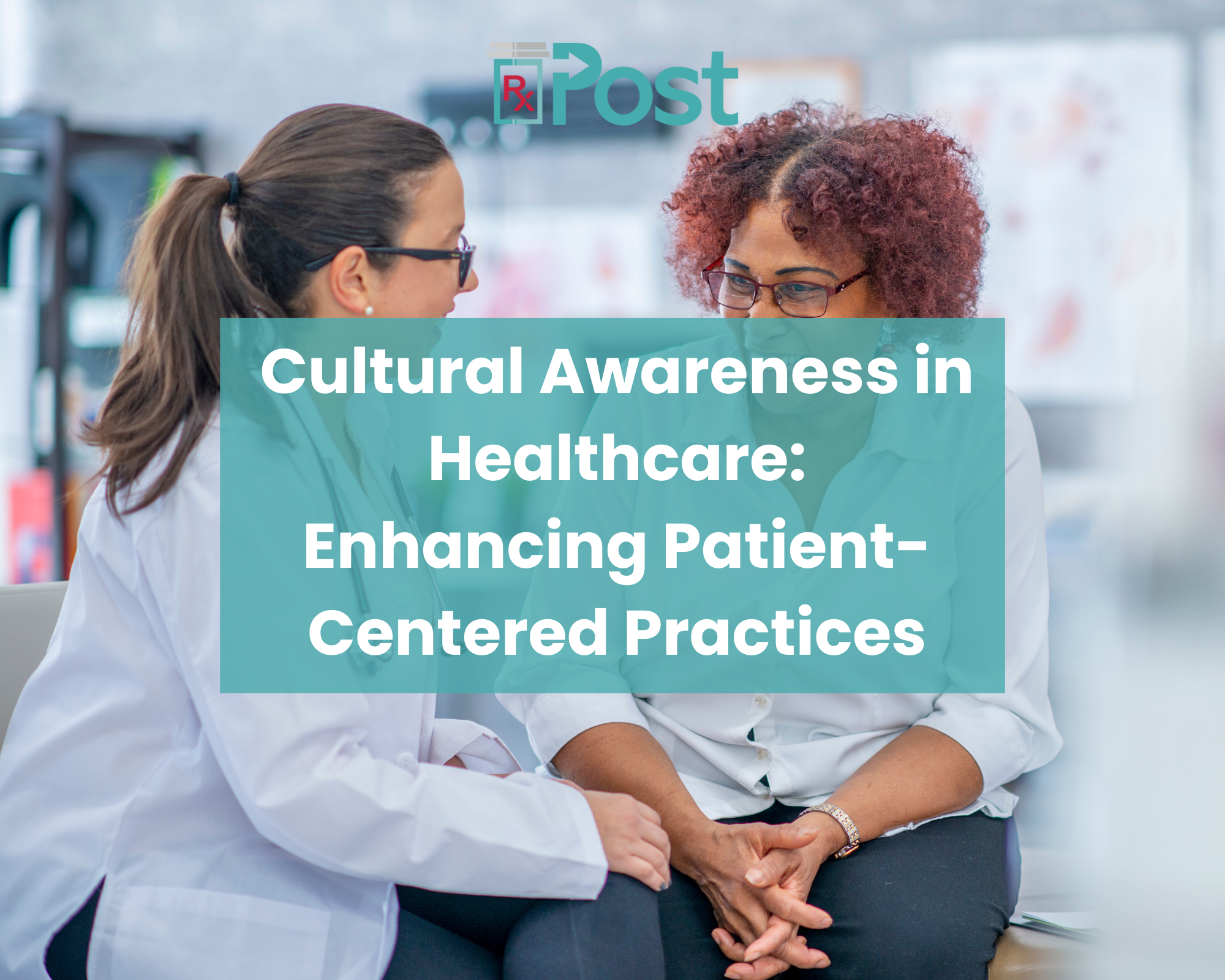The global impact of the COVID-19 pandemic has highlighted the need for a more globally-focused health care approach. In the United States, it's evident that different patient groups experience varying health outcomes for the same conditions, emphasizing the importance of cultural sensitivity in patient care. Culture significantly influences how both patients and providers perceive and engage with health care, impacting comfort, communication, and treatment decisions.
To deliver quality patient care, it's crucial for health care professionals to be aware of their own cultural orientations and respect the diverse beliefs and needs of patients. Recent developments in public health and health communication underscore the critical role of culture in health behaviors and outcomes. Cultural competency, which is continually evolving, emphasizes the importance of understanding and respecting different cultures. The term "cross-cultural education" has emerged to facilitate learning and practice with diverse patient groups. Recognizing and valuing cultural differences becomes instrumental in addressing health disparities and promoting equitable access to healthcare. Cultural respect aligns with national health goals striving to eliminate disparities across various population subgroups. Understanding a group's cultural traits is essential for tailoring public health initiatives and services.
Cultural respect is not only crucial in promoting positive health outcomes but also in ensuring accuracy and inclusivity in medical research. The impact of social factors and systemic barriers on certain communities emphasizes the need for health equity efforts. Disparities extend into patient safety, where individuals with limited English proficiency or from specific ethnic backgrounds may face more severe harm during adverse events. Cultural competence in healthcare is pivotal for reducing medical errors, enhancing patient engagement, and addressing safety concerns. Strategies like language assistance and cultural brokers aid effective communication with diverse patients. Given the increasing diversity in the United States, recognizing the multifaceted nature of culture is essential. Incorporating patient-centered, culturally sensitive healthcare knowledge is vital for improving the health and wellness of all Americans, acknowledging the impact of culture on attitudes toward health and illness. Ongoing research aims to identify connections between minimizing health disparities and providing effective healthcare and information.
Full article from Pharmacy Times here.
Interested in savings on prescription medications? RxPost can help you buy or sell excess drug inventory to improve your profits and offer better patient service. Learn more about RxPost here.

